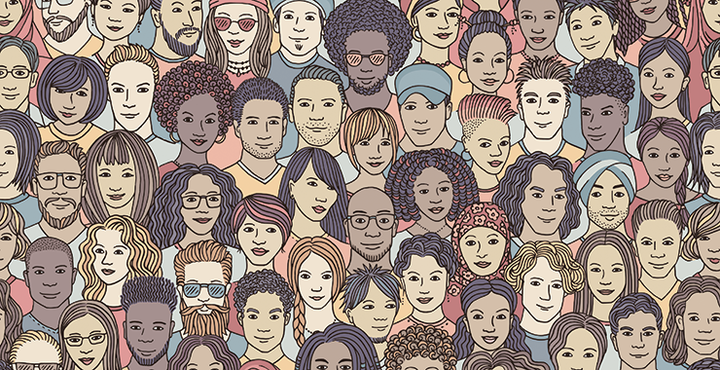 Image credit: APA
Image credit: APAAbstract
Previous research has established a possible link between recognition performance, individuation experience, and implicit racial bias of other-race faces. However, it remains unclear how implicit racial bias might influence other-race face processing in observers with relatively extensive experience with the other race. Here we examined how recognition of other-race faces might be modulated by observers’ implicit racial bias, in addition to the effects of experience and face recognition ability. Caucasian participants in a culturally diverse city completed a memory task for Asian and Caucasian faces, an implicit association test, a questionnaire assessing experience with Asians and Caucasians, and a face recognition ability test. As expected, recognition performance for Asian faces was positively predicted by increased face recognition ability, and experience with Asians. More importantly, it was also negatively predicted by increased positive bias towards Asians, which was modulated by an interaction between face recognition ability and implicit bias, with the effect of implicit bias observed predominantly in observers with high face recognition ability. Moreover, the positions of the first two fixations when participants learned the other-race faces were affected by different factors, with the first fixation modulated by the effect of experience and the second fixation modulated by the interaction between implicit bias and face recognition ability. Taken together, these findings suggest the complexity in understanding the perceptual and socio-cognitive influences on the other-race effect, and that observers with high face recognition ability may more likely evaluate racial features involuntarily when recognizing other-race faces. (OA article distributed under the Creative Commons Attribution License)